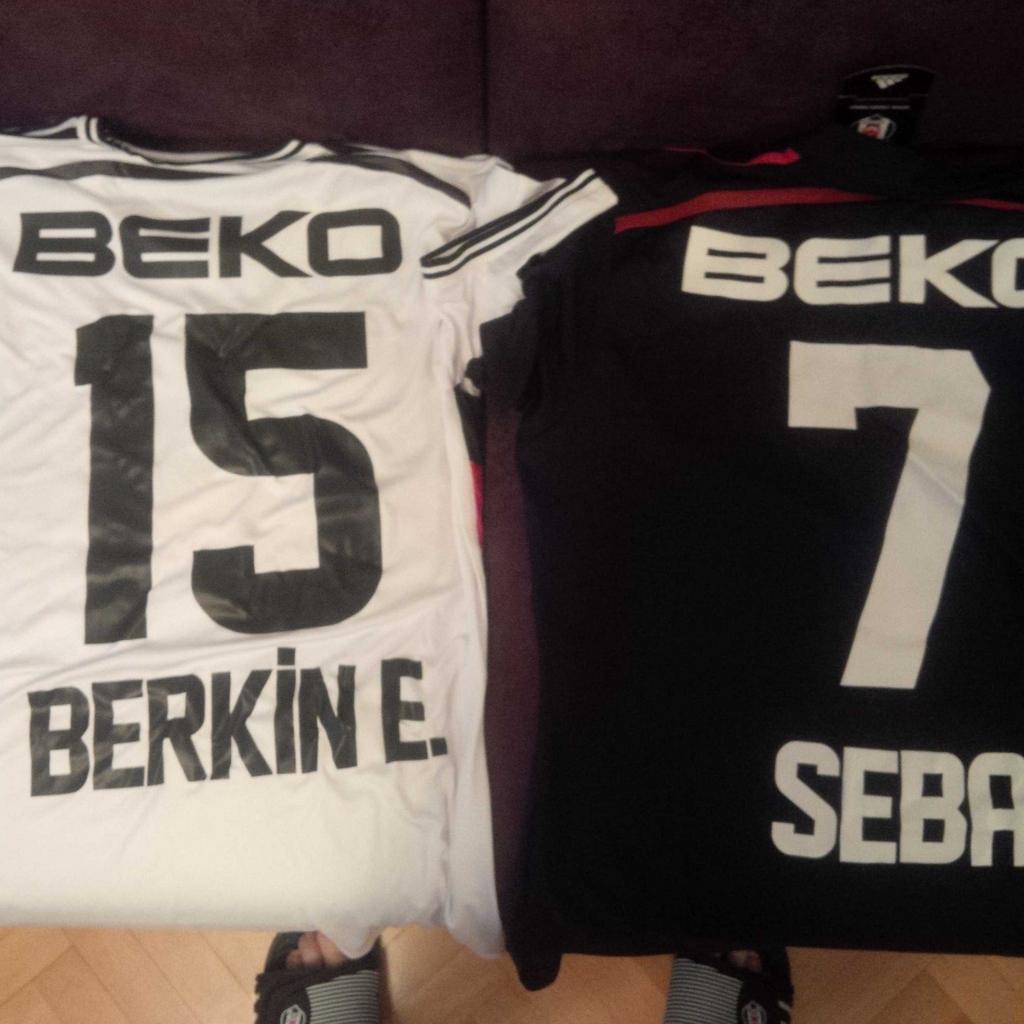Foul play in Turkish banking




I arrived from China the morning of the preliminary round game with Feyenoord in Istanbul. I plan my travel schedule weeks in advance to be able to make it to as many home games as possible, but I had bought my China plane tickets at the end of April, so this was divine intervention. I watched the game in a bar off İstiklal Street.
I flew from Istanbul to Dalaman on Aug. 18 even though Beşiktaş had a play-off game against Arsenal the next day. I could afford to stay in Istanbul for a couple of days more, but I do not have a season pass for the first time in almost a decade. I have chosen not to attend any games this year to protest the Turkish Football Federation’s (TFF) new e-ticketing system.
The TFF and the government had plans to implement a system that would keep a tab on spectators for a while, and they doubled their efforts during the summer of 2013, probably fearing the spread of Gezi protests to stadiums. Aktif Bank won a speedy auction in July 2013. Supreme Leader Recep Tayyip Erdoğan’s son-in-law was the CEO of Çalık Group, Aktif’s parent, at the time.
The official agreement was signed in August 2013, following Gezi chants in the season openers of Istanbul giants Beşiktaş and Fenerbahçe, and the system was launched, rather meaningfully, in the derby between the two teams in April, which was boycotted by Beşiktaş supporter group Çarşı.
As a fan, I have questions about being tracked by the bank of a businessman very close to the government. But I am even more perplexed, as an economist, by signs of economic foul play. For starters, fans are forced to get services from a single bank, which could be a case for the Turkish Competition Authority to consider. My email to them has not been answered yet.
There are also issues related to banking law. Aktif, an investment bank, seems to have delved into retail banking: Anyone who would like to buy a football ticket or season pass needs to buy a debit, pre-paid or credit card from Aktif. Investment banks can issue corporate credit cards in Turkey, but not personal ones. I found out Aktif had received permission for credit cards.
The debit and pre-paid cards work like a current account in the sense that you can deposit money in them, but they don’t pay interest. Investment banks can have current accounts in Turkey, but not deposit accounts. Aktif’s accounts are called personal banking accounts and have IBANs. You can deposit money in them with a credit card. You can pay your bills and transfer funds.
Aktif had applied for a retail license before, without success. While they have managed to bypass the banking regulator, I am sure they did everything in compliance with the laws. After all, the Banking Regulatory and Supervision Agency (BRSA) vice chairman who approved expanding Aktif’s activities became a deputy general manager there in 2012. I am waiting to hear from the BRSA.


Unless I receive satisfactory answers from the Competition Authority and BRSA, I will continue my boycott. If nothing else, out of respect to two departed Beşiktaş fans who live on my 2014 jerseys: Berkin Elvan and Süleyman Seba.
